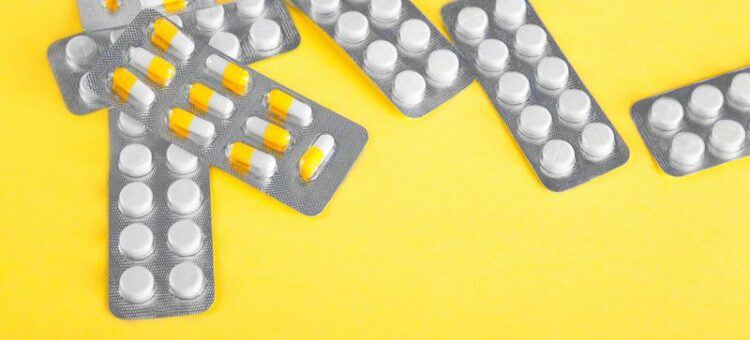When your physician prescribes you with a medication, you resolve to take it accordingly. But more often than not, prescriptions don’t include clear instructions as to when you’re supposed to consume the medication. They usually say something as vague as “take once a day,” and it’s up to you to figure out and decide the best time to take it. But did you know that the specific time of day you take your medications can impact their efficacy?
When it comes to certain medications for depression, blood pressure, heartburn, allergies, and more, timing is everything. It’s because the body’s circadian rhythm — the biological clock embedded in your brain that keeps you in sync with the Earth’s cycle of day and night — controls the peripheral clocks found in organs, tissue, and cells. According to Michael Smolensky, adjunct professor of biomedical engineering at the University of Texas, Austin, the body doesn’t respond to medications in the same way when taken during different times of the day. “Some drugs are not as effective or as well tolerated if they’re taken at the wrong biological time,” he said. “It’s not that they’re not effective at all, but they’re certainly much less effective.”
Take cholesterol meds, for example. The enzymes in our body that controls cholesterol production in the liver tend to be most active at night. Because of this, it would serve you best to take lipid-lowering drugs at night-time.
To help patients maximize the effectiveness of the medications they consume, there is such a thing called drug chronotherapy that advocates aligning your drug-taking regimen with your circadian rhythm. Your doctor may not be well-aware of this, so they may not recommend you the right schedule to take your meds. “Unfortunately, there’s a disconnect between what’s taught to doctors and what we know from chronotherapy research,” circadian biologist Georgios Paschos of the University of Pennsylvania School of Medicine said. “Except for a few conditions, clinical medicine hasn’t yet caught up with our findings.”
If you’re taking medications, here’s a handy guide that lays out the best times to take medications based on chronotherapy and other factors.
- Blood pressure meds: Our blood pressure shows a 24-hour rhythm, and it tends to be higher in the day and lower at night, except for folks over age 55 who don’t usually experience night-time dips. For drugs like ACE inhibitors and ARBs, they’re most effective when taken at bedtime.
- Osteoarthritis meds: NSAIDs like naproxen and ibuprofen are often prescribed for osteoarthritis. They’re most efficient when taken four to six hours before the pain is at its worst, allowing the drugs to take effect at the most crucial time.
- Heartburn meds: If you experience recurring heartburn at night-time, take the drugs with approximately 30 minutes before your evening meal. This allows the H-2 blocker to control the secretion of stomach acid after the meal and during the period when secretion reaches its peak.
- Asthma meds: Oral medications should be taken midafternoon, while inhaled steroids are most effective when taken in the late afternoon. Ideally, these meds will take effect when asthma attacks are most likely to strike.
- Rheumatoid arthritis meds: RA medicines can be taken in the evening or at night. Aspirin and NSAIDs consumer with dinner or before bedtime delivers better relief come the morning.
- Hay fever meds: Once-a-day antihistamines should be taken in the evening, while twice-a-day antihistamines should be taken morning and evening unless labels say otherwise. This is because hay fever is typically worse in the night-time and peaks in the morning. Antihistamines tend to peak 12 hours after taking them, so when you drink them in the evening, you can take better control of your symptoms in the morning.
Before you begin to modify your regimen, you must first talk to your physician or pharmacist. Suddenly diverging from your current drug routine is a common medication mistake that can make you sick. Should you need assistance in managing your medications, get in touch to see how we can help with our medicine medication app.

